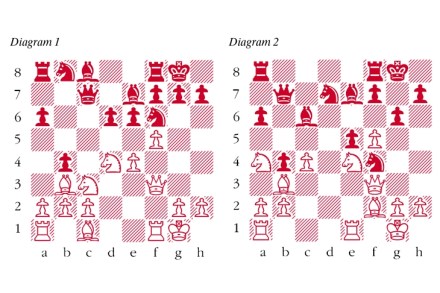Ilhan Omar is a troll
The Democratic Party faces a test of character. Most mainstream institutions have failed such tests in recent years but, in the spirit of Samuel Beckett, let’s try again and fail better this time. The trial confronting the electoral vehicle of American liberalism is whether liberals still have a firm grip on the wheel or the extremists in the back are doing the driving. This week, Donald Trump tweeted that Ilhan Omar, a freshman congresswoman from Minnesota’s fifth district and a Somali-born refugee who became a US citizen in 2000, and three other US-born congresswomen should ‘go back and help fix the totally broken and crime infested places from which they came’.




















